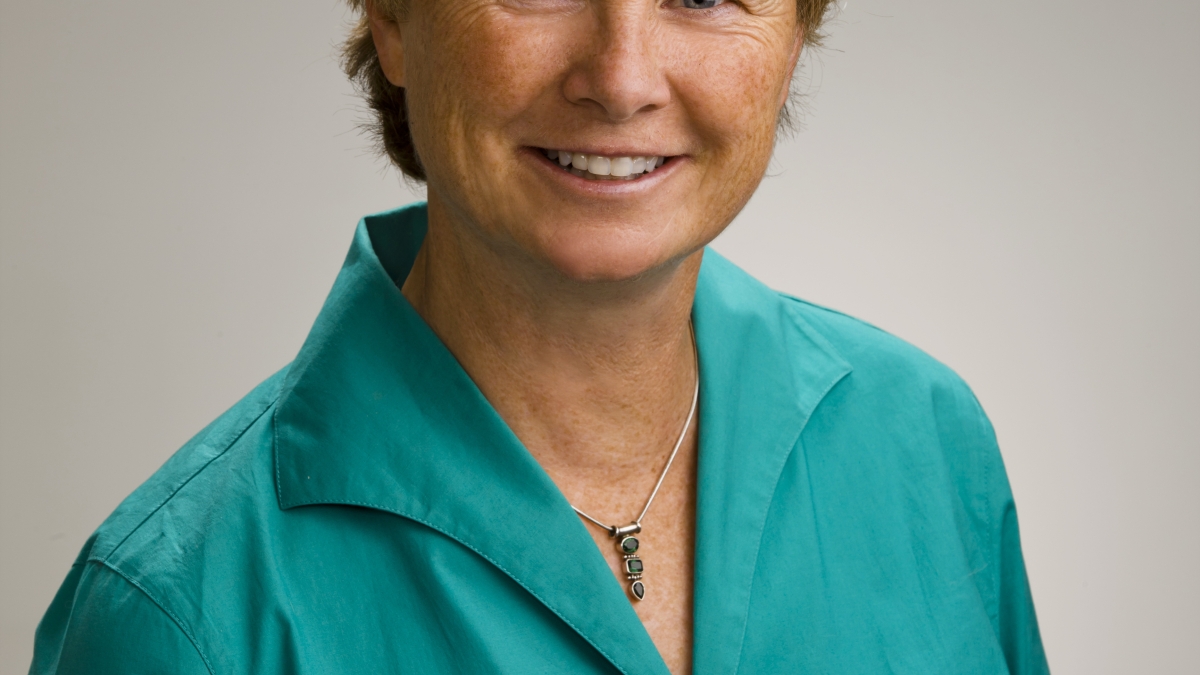More than 12,000 set to graduate May 8, 9 at spring commencement

General Dempsey to give keynote speech
More than 12,000 students are set to have their degrees conferred at the Arizona State University commencement ceremonies on May 8 and 9.
The graduate commencement ceremony will take place at 10:30 a.m., May 8, in Wells Fargo Arena. The undergraduate commencement ceremony is set to take place at 7:30 p.m., May 9, in Sun Devil Stadium.
General Martin E. Dempsey will be the official speaker for the undergraduate ceremony.
Dempsey serves as the 18th Chairman of the Joint Chiefs of Staff. In this capacity, he serves as the principal military adviser to the President, the Secretary of Defense and the National Security Council. By law, he is the nation’s highest-ranking military officer. Prior to becoming Chairman, the general served as the Army’s 37th Chief of Staff.
Dempsey’s awards and decorations include the Defense Distinguished Service Medal with Oak Leaf Cluster, the Distinguished Service Medal with three Oak Leaf Clusters, the Defense Superior Service Medal, the Legion of Merit with two Oak Leaf Clusters, the Bronze Star with “V” Device and Oak Leaf Cluster, the Combat Action Badge and the Parachutist Badge. In addition to his master’s degree in English, he holds master’s degrees in military art and in national security studies.
ASU will also award honorary degrees to Janine Benyus, Clayton Christensen and Juan Ramon de la Fuente for their groundbreaking research in their respective fields.
Janine Benyus will receive the Doctor of Humane Letters honoris causa, for her groundbreaking work specializing in biomimicry. Benyus has authored six books and co-founded the world’s first bio-inspired consultancy, whose clients include Nike, Boeing and Colgate-Palmolive. In 2006, Janine co-founded a nonprofit institute to embed biomimicry in formal education and informal spaces such as museums and nature centers.
Clayton Christensen will receive the Doctor of Science honoris causa. Christensen is the Kim B. Clark professor of business administration at the Harvard Business School, and is regarded as one of the world’s top experts on innovation and growth. Christensen is the best-selling author of eight books and more than a hundred articles, including the recently released and New York Times best-selling, How Will You Measure Your Life? The Innovator’s Dilemma. He is also the founder of four successful companies.
Juan Ramón de la Fuente, M.D., will receive the Doctor of Humane Letters honoris causa. As a faculty member at the Universidad Nacional Autónoma de México, De la Fuente engineered several new research centers that specialize in diverse disciplines, strengthened a new model for education and created new undergraduate curricula and graduate programs. His research on alcohol abuse led to the design of a tool of universal validity for the reliable identification of this problem from its early stages. This tool has been was adopted by the World Health Organization, the International Labor Organization and the U.K. Institutes for Clinical Excellence.
Below are just some of the graduation highlights:
The Walter Cronkite School of Journalism and Mass Communication will send 259 aspiring new journalists into world. This includes four master’s degree students, 235 bachelor degree recipients and 20 BA/MMC students.
The College of Liberal Arts and Sciences on the Tempe campus will proudly graduate 2,687 undergraduate students and 328 graduate students. Within the college, the Department of English will confer 202 degrees, the School of Life Sciences 326 students and Psychology 323 students.
The Teachers College at the West campus will say goodbye to 1081 students. This includes 566 graduate students and 515 undergraduates. On the other side of the valley, the College of Technology and Innovation at the Polytechnic campus will have 394 new alumni.
Free parking will be available throughout the Tempe campus, except for metered spaces and residence hall lots. Parking information for commencement and convocation ceremonies can be found here: http://cfo.asu.edu/pts-graduation-commencement
For information, visit http://graduation.asu.edu/home.